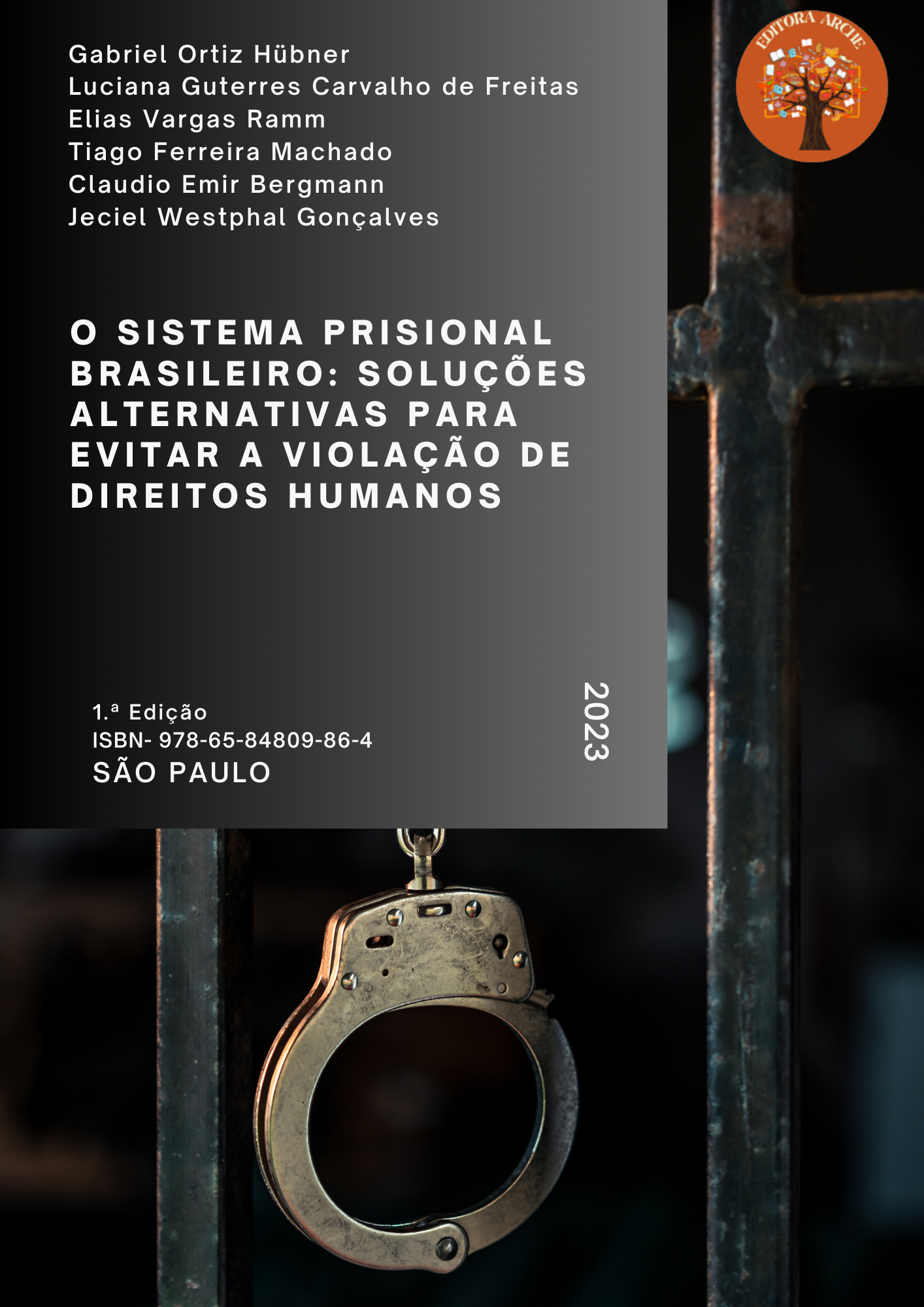O SISTEMA PRISIONAL BRASILEIRO: SOLUÇÕES ALTERNATIVAS PARA EVITAR A VIOLAÇÃO DE DIREITOS HUMANOS
Resumo
O livro "O Sistema Prisional Brasileiro: Soluções Alternativas para Evitar a Violação de Direitos Humanos" aborda a crise do sistema prisional brasileiro e as possíveis soluções para enfrentar os desafios enfrentados pelos presídios brasileiros.
O primeiro tópico aborda a situação atual do sistema carcerário brasileiro, que enfrenta uma crise de superlotação e violência, com condições subumanas para os presos. O livro também destaca o estado de coisas inconstitucionais e a violação dos direitos humanos que ocorrem no sistema prisional brasileiro.
Dito de outra forma, o sistema carcerário brasileiro é uma das áreas mais problemáticas do país. Ele é marcado pela superlotação, condições insalubres, violência, falta de recursos e políticas efetivas de reintegração social dos detentos.
A superlotação é uma das principais características do sistema carcerário brasileiro. De acordo com dados do Conselho Nacional de Justiça (CNJ), em dezembro de 2020, havia mais de 756 mil pessoas presas no país, enquanto a capacidade das unidades prisionais era de cerca de 466 mil vagas. Isso significa que a taxa de ocupação era de aproximadamente 162%. Em alguns estados, a situação é ainda mais grave, com taxa de ocupação superior a 200%.
As condições de vida nos presídios brasileiros também são extremamente precárias. Falta de higiene, de alimentação adequada, de assistência médica e de saneamento básico são algumas das principais queixas dos detentos e das organizações de direitos humanos. Além disso, a violência é uma constante nas unidades prisionais, com registros de agressões, torturas e mortes.
Outro problema é a falta de recursos e de políticas efetivas para a reintegração social dos detentos. Muitos presos não têm acesso à educação, trabalho e capacitação profissional dentro dos presídios, o que dificulta a sua ressocialização após a soltura. Além disso, a discriminação e o preconceito da sociedade em relação aos ex-detentos dificultam a sua reinserção no mercado de trabalho e na vida em sociedade.
Diante dessa realidade, há uma série de debates e propostas de reformas do sistema carcerário brasileiro, incluindo medidas para reduzir a superlotação, melhorar as condições de vida nos presídios, garantir o acesso à educação e ao trabalho, e investir em políticas de ressocialização. No entanto, essas mudanças enfrentam diversos desafios, incluindo a resistência de setores conservadores, a falta de recursos financeiros e a complexidade do sistema de justiça criminal brasileiro.
O segundo tópico aborda as medidas que devem ser adotadas pelo Estado para enfrentar a crise prisional. O livro discute as medidas de política-estatal e política penitenciária que podem ser implementadas para melhorar as condições dos presídios brasileiros e garantir o respeito aos direitos humanos dos presos.
O terceiro tópico discute as ações internas que podem ser tomadas para ressocializar os encarcerados. O livro explora as possibilidades de medidas de ressocialização para os presos e como essas medidas podem ser efetivadas.
O minimalismo como política penal é abordado como uma alternativa para reduzir a população carcerária e diminuir a criminalidade. O livro discute a adoção de medidas despenalizadoras que possam ser adotadas para combater a superlotação dos presídios.
Em resumo, o livro "O Sistema Prisional Brasileiro: Soluções Alternativas para Evitar a Violação de Direitos Humanos" apresenta uma análise crítica da situação atual do sistema prisional brasileiro e discute possíveis soluções para enfrentar os desafios enfrentados pelos presídios brasileiros, incluindo a adoção de medidas de política-estatal e política penitenciária, medidas internas de ressocialização e a adoção de políticas penais minimalistas.
Os autores,
Downloads

Downloads
Publicado
Como Citar
Licença
Atribuição CC BY
